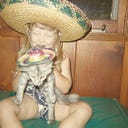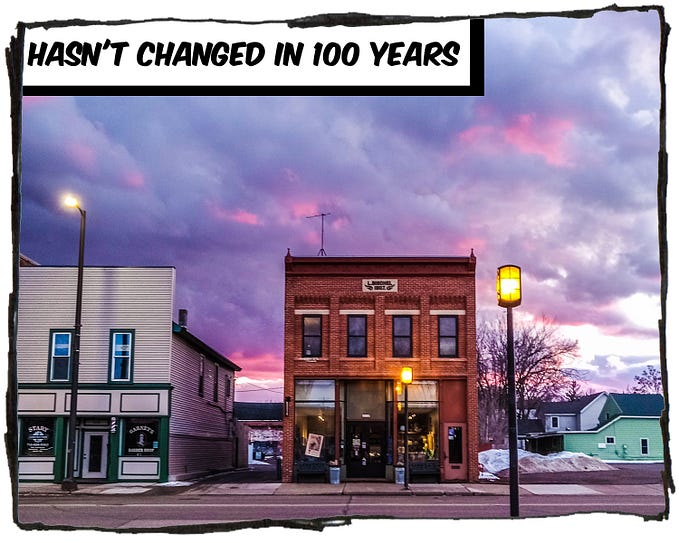Member-only story
The Lady Doctor Who Is The Reason We Count Calories Today
Dr. Lulu Hunt Peters was a best-selling diet doctor 100 years ago …

I started wondering, “When did food calorie counting start, and what is the origin of dieting through calorie restrictions?”
I learned that the concept of the calorie as it relates to food, not combustion, was popularized in the U.S. by an agricultural chemist, Wilbur O. Atwater, between the 1880s and his death in 1907. Atwater’s work bore a close relationship to Frederick Taylor’s, the engineer whose time-motion studies introduced the concept of efficiency and job “productivity” among factory workers, and whose “work” influenced the way corporations treat workers to this day. Both men were trying to systematize and analyze different human activities with an eye toward greater efficiency or profit.
Here’s what Atwater, who advocated thriftiness among individuals — and who said of poor people, “the destruction of the poor is their improvidence” — looked like:

Wilbur O. Atwater wasn’t counting calories … or was he?
Calorie counts back in these early days varied tremendously (and today as well — the FDA allows a whopping 20% variance between actual tested calorie counts and food labels — so a “100 calorie pack” of anything can easily contain as much as 120 calories or as little as 80 — but I’m sure you can guess which direction in which they usually vary). Early calorie counters did seem to understand that different foods were needed for proper nutrition, and they did recommend appropriate types of foods, for the most part, even while stating that only the calories consumed and expended mattered.
But the type of processed foods, fast foods, and restaurant meals we have today did not exist in the late 19th or early 20th centuries.
Only rich or better-off bourgeoisie like Atwater could afford to buy and eat enough food and be physically inactive enough to become chunky even as they lectured poorer people on thrift and calorie restriction.









